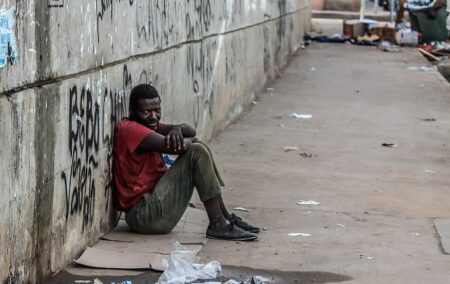There was “much common ground” between the Institute of Race Relations (IRR) and the South African Human Rights Commission (SAHRC) in their meeting this week, particularly “on the position that the government should prioritise ending poverty not just as an economic necessity but as a moral imperative”.
So says IRR campaign manager Makone Maja.
This week’s meeting arose from a request in August for a discussion with the SAHRC, based on questions about South Africa’s continuing reliance on racial classification.
In a statement, Maja says the IRR’s questions “dealt specifically with the legality of race categories and whether the Commission believes the government should − as its predecessors did under apartheid, chiefly through the Population Registration Act − dictate to people what race they can and cannot identify as”.
Says Maja: “It emerged that there is much common ground between the IRR and SAHRC, particularly on the position that the government should prioritise ending poverty, not just as an economic necessity, but as a moral imperative. The Institute’s proposed solutions remain firmly non-racial, based on the conviction that economic factors would be more effective at targeting poverty and at radically making the economy accessible to the marginalised and disadvantaged.”
Maja goes on: “One question we must ponder is what the future of South Africa would look like without these racial categories. What we hope for is a future where race would be made irrelevant, and where the government would recognise people as South Africans first and foremost. In this future, race-based policies such as Black Economic Empowerment (BEE) would be replaced with socio-economic ones that were better able to help the poor, like the IRR’s proposed Economic Empowerment for the Disadvantaged (EED).
“Where BEE skews advantages to favour the politically connected and already well-off, EED champions the poor by ensuring they are the beneficiaries of redress measures,” says Maja.
Maja concludes by saying that the IRR “welcomes the opportunity to discuss our concerns with a body that is equally invested in the flourishing of South African society, and we look forward to further engagements on this necessary but complex topic”.


